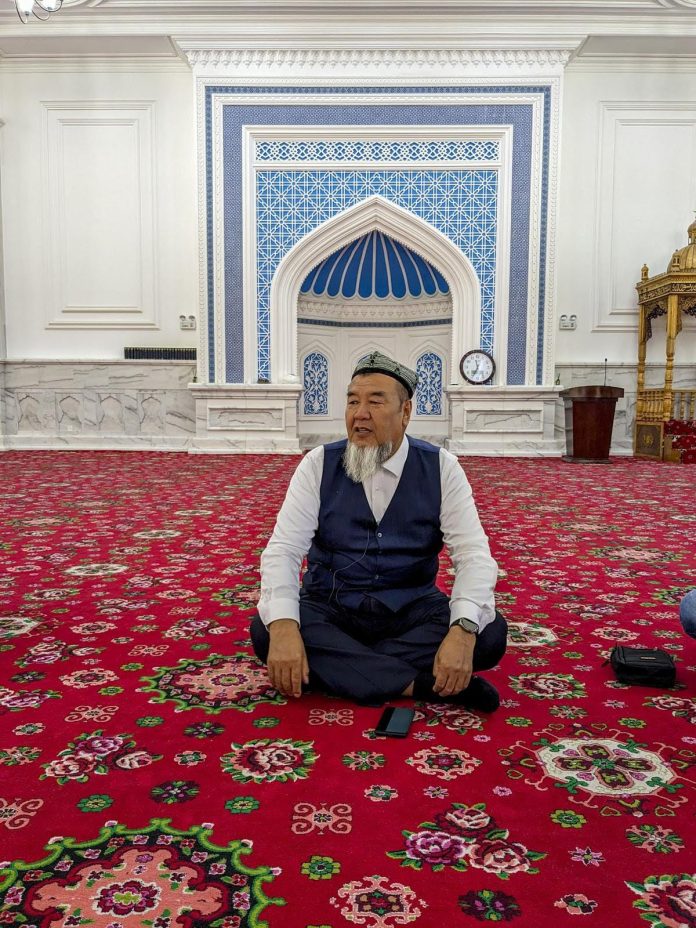Freedom and Control in Xinjiang
Xinjiang, a north-western province in China, is home to over 50 ethnic minorities, with the majority being Uyghur Muslims. For several years, the Chinese Communist Party has faced accusations of persecuting this community and attempting to erase their culture. An article in The Hindu reports on the overarching emphasis on assimilation and nationalism in this rapidly developing province, which is crucial to China’s Belt and Road Initiative.
On June 17, the day of Eid-Ul-Adha, nine musicians in bright outfits gathered on stage at the center of an accordion museum in Yining city, Xinjiang. Thousands of tourists and locals crowded Liuxing Street despite the heat to enjoy street food, graceful performances, and chilled fresh juice and beer.
Inside the museum, each musician held an accordion. Before beginning their performance, they introduced themselves not by name, but by ethnicity—Uyghur, Kazakh, Mongolian, Uzbek, and more. In unison, they then cheerfully proclaimed in English, “We are all part of the Chinese nation.”
The scene is emblematic of the Chinese government’s dual strategy in Xinjiang: promoting rapid development while emphasizing national unity and cultural assimilation. This approach has drawn international criticism for its impact on the Uyghur community and other ethnic minorities in the region.




